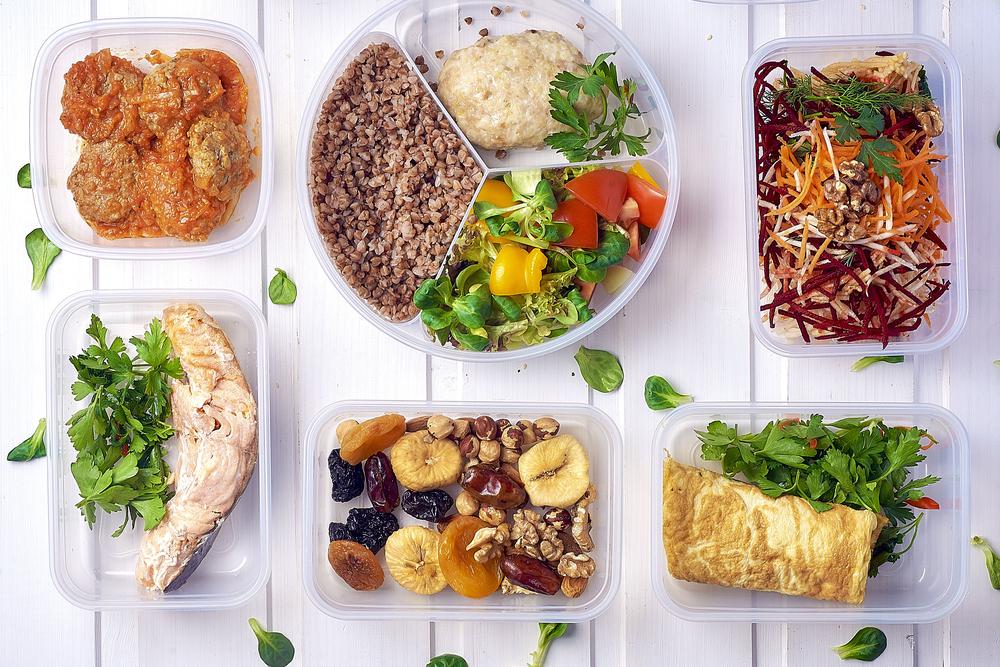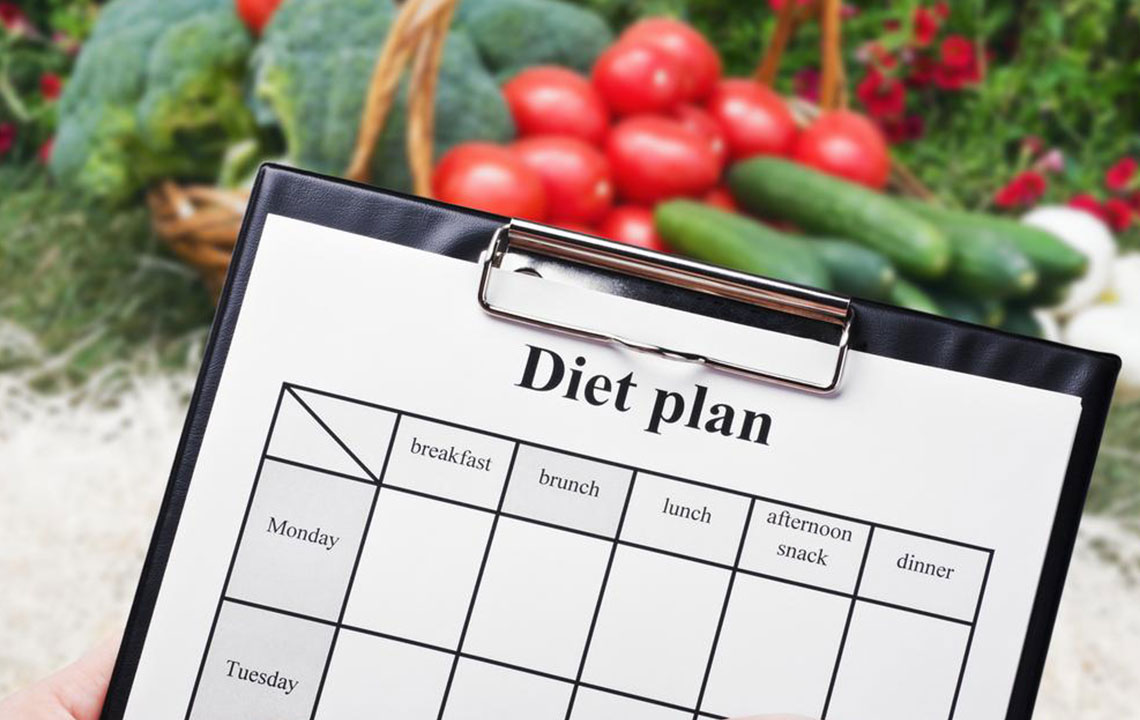Top 4 Popular Diet Strategies for Managing IBS Symptoms
Discover four effective dietary strategies to manage irritable bowel syndrome (IBS). Tailored plans including fiber intake, gluten-free, low FODMAP, and low-fat diets can help alleviate symptoms like bloating, diarrhea, and constipation. Consult with healthcare providers to customize a safe and effective diet regimen. Experimentation and professional guidance are key to symptom control, making dietary adjustments an essential part of IBS management.

Top 4 Popular Diet Strategies for Managing IBS Symptoms
Managing irritable bowel syndrome (IBS) can be challenging due to its varied effects on individuals' digestive health. Some experience diarrhea, others face constipation, while some encounter alternating episodes of both. Various triggers, including stress, medications, hormonal changes, physical inactivity, and specific foods, can worsen symptoms. Diet plays a significant role, with common culprits being dairy, sugars, high-fat foods, preservatives, and gluten. To help control symptoms, healthcare providers often recommend tailored dietary plans such as those outlined below.
Increased Fiber Intake
For individuals suffering from constipation, boosting fiber intake can ease bowel movements by making stool softer and easier to pass. Experts recommend focusing on soluble fiber, which is present in fresh fruits, beans, oats, barley, sweet potatoes, Brussel sprouts, carrots, sunflower seeds, and hazelnuts.
Gluten-Free Approach
Many IBS sufferers are intolerant to gluten, a protein in wheat, barley, and rye. If symptoms like bloating, abdominal pain, and gas recur after consuming these grains, consulting a doctor is advised. Gluten can be substituted with alternatives such as quinoa, millet, rice, buckwheat, and polenta, which provide nutritious options without triggering symptoms.
Low FODMAP Diet
This diet involves reducing foods high in fermentable carbohydrates, known as FODMAPs, which can cause bloating and discomfort. Common triggers include vegetables like onions, garlic, broccoli, and cauliflower; fruits such as apples and mangoes; dairy products; wheat and rye; nuts like cashews and pistachios; and foods with artificial sweeteners. Eliminating or reducing these foods may significantly relieve symptoms.
Low-Fat Diet
High-fat foods, especially fried items and full-fat dairy, can aggravate IBS symptoms, leading to diarrhea or constipation. Patients should prefer fruits, vegetables, grains, and low-fat dairy options to maintain gut health while avoiding unnecessary discomfort.
Overall, discovering the most effective IBS diet requires experimentation and ongoing consultation with healthcare providers. Tailoring your eating habits under medical supervision ensures safer and more effective symptom management.










